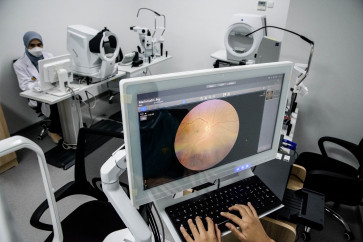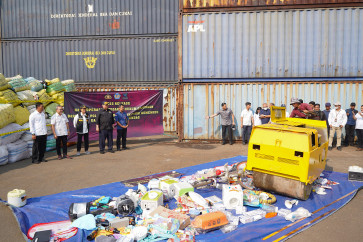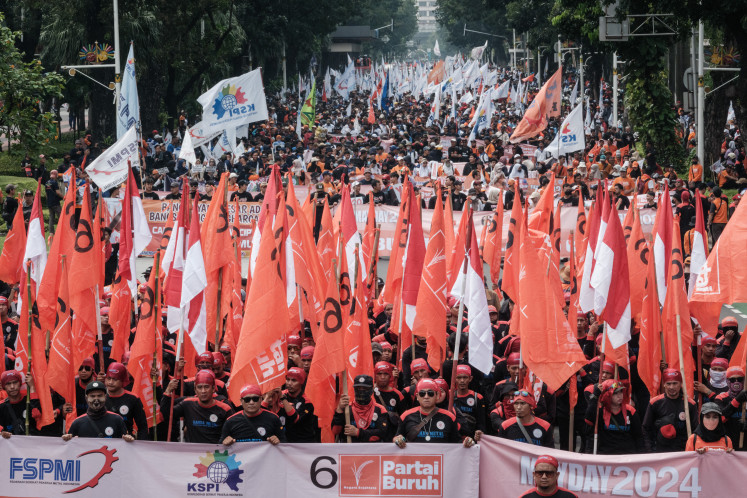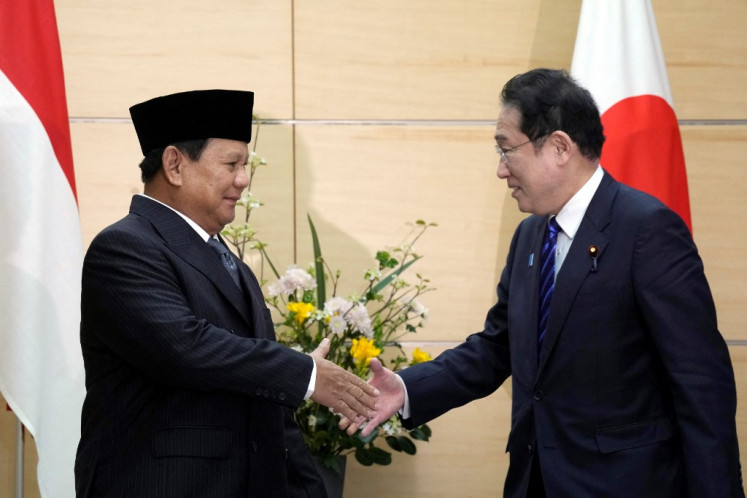Ex-UK soldier arrested over role in Bloody Sunday massacre
In this February 1972 file photo, a building burns in the bogside district of Londonderry, Northern Ireland, in the aftermath of Bloody Sunday
Change Size
 In this February 1972 file photo, a building burns in the bogside district of Londonderry, Northern Ireland, in the aftermath of Bloody Sunday. Thirteen people were shot dead on Jan. 30, 1972 in Londonderry when British paratroopers opened fire on a civil rights protest. On Tuesday, police in Northern Ireland arrested a 66-year-old former soldier in connection with the killings â the first such detention since the start of a murder investigation three years ago. (AP/Michel Laurent) (AP/Michel Laurent)
In this February 1972 file photo, a building burns in the bogside district of Londonderry, Northern Ireland, in the aftermath of Bloody Sunday. Thirteen people were shot dead on Jan. 30, 1972 in Londonderry when British paratroopers opened fire on a civil rights protest. On Tuesday, police in Northern Ireland arrested a 66-year-old former soldier in connection with the killings â the first such detention since the start of a murder investigation three years ago. (AP/Michel Laurent) (AP/Michel Laurent)
I
span class="inline inline-center">In this February 1972 file photo, a building burns in the bogside district of Londonderry, Northern Ireland, in the aftermath of Bloody Sunday. Thirteen people were shot dead on Jan. 30, 1972 in Londonderry when British paratroopers opened fire on a civil rights protest. On Tuesday, police in Northern Ireland arrested a 66-year-old former soldier in connection with the killings ' the first such detention since the start of a murder investigation three years ago. (AP/Michel Laurent)
Detectives investigating the biggest mass killing by British troops in Northern Ireland, the Bloody Sunday massacre in 1972, on Tuesday arrested on suspicion of murder one of the soldiers who opened fire that day ' the first detention of its kind following decades of demands for justice.
A special police unit probing killings from the Northern Ireland conflict, the Legacy Investigation Branch, said it was interrogating the 66-year-old former member of the Parachute Regiment, the elite force that shot to death 13 Catholic protesters in the Bogside district of Londonderry. Catholic leaders and lawyers representing relatives of the dead welcomed the arrest and said they expected more retired soldiers to be arrested.
The detained man was identified as a former soldier who had testified, with his identity concealed, to two fact-finding investigations about his role in shooting at protesters when he was a 23-year-old lance corporal. To the fury of Irish nationalists, the original British probe in 1972 exonerated him and the other soldiers.
But after 12 years, the most expensive fact-finding commission in British history concluded in 2010 that the soldiers had opened fire first and without warning, not in response to attacks from the outlawed Irish Republican Army; all but one of the Bloody Sunday victims were unarmed at the time they were killed; and none posed a threat to the soldiers.
That British government-empowered commission also found that the former lance corporal and other soldiers had lied under oath when claiming to have targeted figures holding guns and grenades. Prime Minister David Cameron accepted the findings and in a parliamentary speech apologized to the families of Bloody Sunday victims, noting that the probe had found that the soldiers "knowingly put forward false accounts to seek to justify their firing."
Bloody Sunday was a threshold event in Northern Ireland's conflict, driving radicalized Catholics into the ranks of the outlawed IRA and its campaign to force Northern Ireland out of the United Kingdom. Britain in response dissolved the province's Protestant-dominated government and imposed direct control from London as 1972 became the deadliest year of the entire four-decade conflict.
The former lance corporal is suspected of firing the shots that killed up to three of Bloody Sunday's dead: dockworker William Nash, 19, who was shot in the chest; and shop clerk John Young, 17, and bartender Michael McDaid, 20, who both were shot in the head, .
Peter Madden, a lawyer who represents the families of Young and McDaid, said that any Bloody Sunday soldiers charged with murder or other crimes "must face public trial and will lose their anonymity."
If charged and convicted, the Bloody Sunday soldiers would be eligible for accelerated paroles under terms of Northern Ireland's 1998 peace accord, which allowed several hundred members of the IRA and other paramilitary groups from the British Protestant side of the community to walk free from prison within two years.(+)









